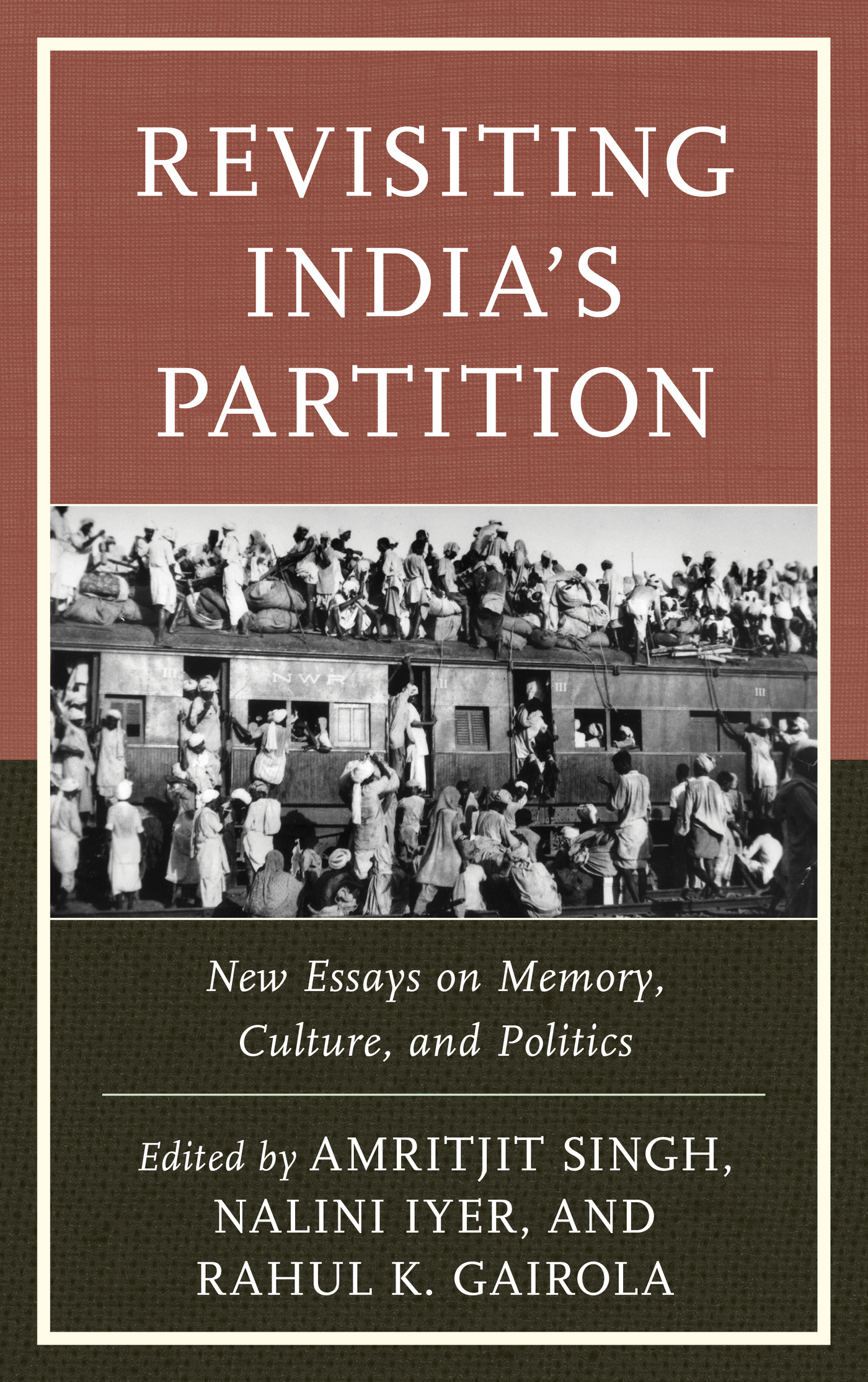Revisiting Indias Partition
Revisiting Indias Partition
New Essays on Memory,
Culture, and Politics
Edited by
Amritjit Singh
Nalini Iyer
Rahul K. Gairola
LEXINGTON BOOKS
Lanham Boulder New York London
Published by Lexington Books
An imprint of The Rowman & Littlefield Publishing Group, Inc.
4501 Forbes Boulevard, Suite 200, Lanham, Maryland 20706
www.rowman.com
Unit A, Whitacre Mews, 26-34 Stannary Street, London SE11 4AB
Copyright 2016 by Lexington Books
All rights reserved. No part of this book may be reproduced in any form or by any electronic or mechanical means, including information storage and retrieval systems, without written permission from the publisher, except by a reviewer who may quote passages in a review.
British Library Cataloguing in Publication Information Available
Library of Congress Cataloging-in-Publication Data
Names: Singh, Amritjit. | Iyer, Nalini. | Gairola, Rahul K., 1974
Title: Revisiting India's partition : new essays on memory, culture, and politics / edited by Amritjit Singh, Nalini Iyer, Rahul K. Gairola.
Description: Lanham : Lexington Books, 2016. | Includes bibliographical references and index.
Identifiers: LCCN 2016008132 (print) | LCCN 2016009339 (ebook) | ISBN 9781498531047 (cloth : alkaline paper) | ISBN 9781498531054 (electronic)
Subjects: LCSH: IndiaHistoryPartition, 1947. | IndiaHistoryPartition, 1947Influence. | South AsiaPolitics and government. | South AsiaSocial conditions. | Collective memorySouth Asia. | MemorySocial aspectsSouth Asia. | MemoryPolitical aspectsSouth Asia. | Politics and cultureSouth Asia.
Classification: LCC DS480.842 .R48 2016 (print) | LCC DS480.842 (ebook) | DDC 954.04/2dc23
LC record available at http://lccn.loc.gov/2016008132
 TM The paper used in this publication meets the minimum requirements of American National Standard for Information Sciences Permanence of Paper for Printed Library Materials, ANSI/NISO Z39.48-1992.
TM The paper used in this publication meets the minimum requirements of American National Standard for Information Sciences Permanence of Paper for Printed Library Materials, ANSI/NISO Z39.48-1992.
Printed in the United States of America
For our parents,
who are not responsible for any shortcomings in this volume
Kesar Singh Uberoi (19111994) and Balbir Kaur (19131985)
J. N. Iyer (19312009) and Seetha Narayanan
C. Krishna Gairola (19262003) and Indira Bhojwani Gairola
Preface
In Boston, a city of confluences, on the margins of the South Asian Literary Association (SALA) annual conference in January 2013, the three editors got into an engaging conversation over dinner about the negative impact the 1947 Partition continue to have on South Asian populations at home and abroad. We also noted with a certain sadness and irony how most literary scholarship on the subject had rarely gone beyond a few well-known novels, short stories, poems, or films. One of us suggested the idea of organizing a one-day pre-conference in October 2013 at the Annual South Asia Conference in Madison, Wisconsin. We were encouraged by the generous support we received for our plan from both Ohio University and Seattle University. The response to our Call for Papers was even more hearteningseasoned and younger scholars, graduate students, and even a couple of undergraduates sent us proposals for papers they wanted to present at the pre-conference. Still others wrote to us that while they were unable to participate in our daylong conference, they would consider submitting their work for possible inclusion in an edited book or be willing to support us in other ways.
The pre-conference brought together a dozen scholars as presenters and many more as audience participants. We had excellent Q & A sessions and many more informal exchanges over lunch and dinner. By the end of the day, we were persuaded, as were most participants, that while Partition studies had virtually been an industry for half a century or more, many aspects of the exhilarating and tragic events from the 1940s surrounding Indias independence and its Partition remained unexplored. For example, at least two of our presenters in Madison bemoaned the relatively little attention Bengal and the Northeast had received in scholarship and fiction, compared with literally hundreds of texts in multiple genres that explored the many facets of the horrible violence that had afflicted towns and villages throughout Punjab in 1947. Another presenter shared her ongoing work on the oral narratives she was collecting from her Sindhi relatives in Mumbai and in North America. More than ever before, we were persuaded by our Madison exchanges to recognize the relevance of the Long Partition paradigm developed by Vazira Fazila-Yacoobali Zamindar, who had, as it were, given a fuller voice to what we were attempting to articulate in Boston nine months earlier. Several of the participants from the Madison pre-conference are represented in this volume. However, all three of us already knew that the move from a set of conference papers to a substantive edited collection of interdisciplinary essays would be a long journey. And yes, it has been an exciting and sometimes exhausting journeynearly three years of seeking Partition scholars across the globe, revisiting the structural design of our table of contents every six months, vetting each essay and persuading our contributors to revise (sometimes more than once), non-stop editing, and eventually finding a wonderfully empathetic editor in Lindsey Porambo at Lexington Books.
Such a transnational, multiyear project cannot be completed without the assistance and participation of others. The three editors would like collectively to thank the following for collegial support of one kind or another in our work on the volume over three years: Meena Alexander, Ashna Ali, Ranjit Arab, Tapan and Rekha Basu, Alok Bhalla, Amy Bhatt, Ellen Bigler, Jaysinh Birjepatil (19332015), Devika Chawla, Pradyumna and Vijay Chauhan, Rey Chow, C. Lok Chua, Girish Dahiya, Rakesh Desai, Howard Dewald, Abigail Doyle, Marsha Dutton, Robin Field, Christopher Ian Foster, Robert Franceschini, Radhika Gajjala, Amrita Ghosh, Alex Gil, Barbara Grueser, Sham Lal and Usha Gupta, Gabriella Gutierrez y Muhs, John C. Hawley, Anika Holland, Manju Jaidka, Jasbir Jain, Sonora Jha, Prafulla Kar, Suvir Kaul, Saad Khan, Rita Kothari, Malashri Lal, David Lelyveld, Auritro Majumdar, Kasia Marciniak, Catherine Matto, Daphne Metts, Chandra Mohan, Gail Minault, Samina Najmi, Ashok Puri, Yogesh and Greta Puri, Anisur Rahman, Masood Raja, David and Judy Ray, Roopika Risam, Roshni Rustomji-Kerns, Sumanyu Satpathy, Kshama Sawant, Tasneem Shahnaaz, Albeena Shakil, S. Shankar, Carol Shelton, Chetan Singh, Prem, Reshma and Samir Singh, Pavitra Soram, Yashoda Nandan Singh, Rajini Srikanth, K. L. Tuteja, Kamal Dev Verma, K. G. Verma, Rajiva and Meera Verma, Richard Rahul Verma, Bonnie Zare, and Linda Zionkowski. We want to thank Luke Kubacki and Dylan Rickelman for their splendid assistance with the index.
Collaborative work can be most fulfilling when the team of co-workers can stay focused on shared project goals. The three of us are fortunate to have enjoyed a working relationship of mutual respect wherein we have complemented one anothers strengths. Rahul and Amritjit would like to salute Nalinithe pivot for the projectfor her hard work and organization, as well as for her gentle and persistent directive skills. Nalini and Rahul thank Amritjit for his energy, passion, and vision that have shaped this project from inception to completion. It is only because of the countless hours Amritjit spent on soliciting and mentoring several essays into final shape that our volume has a global scope. Nalini and Amritjit valued Rahuls careful analytical response to each essay and his sharp knowledge of critical theory.
Next page
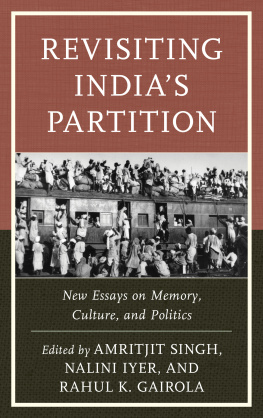

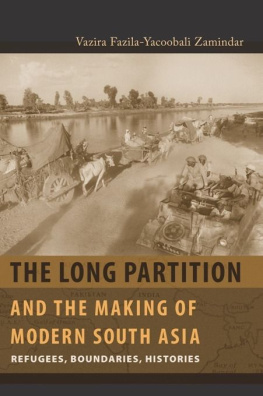
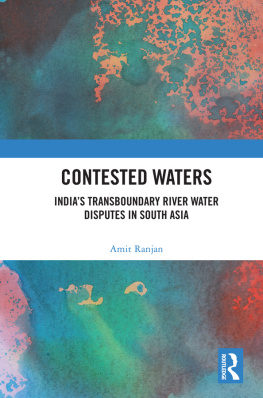
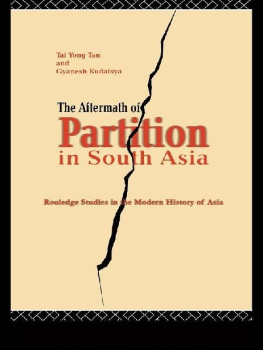
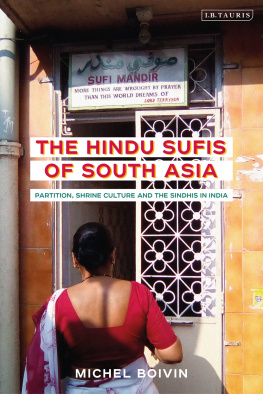
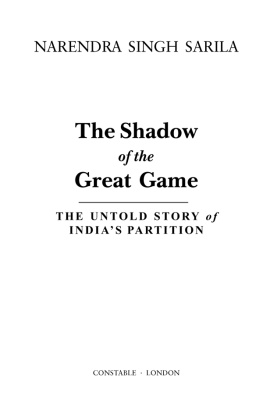
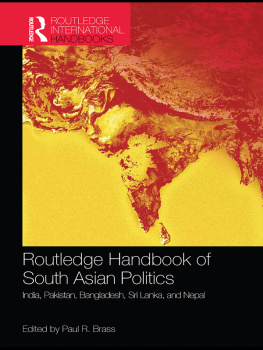
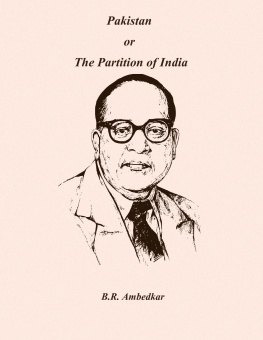
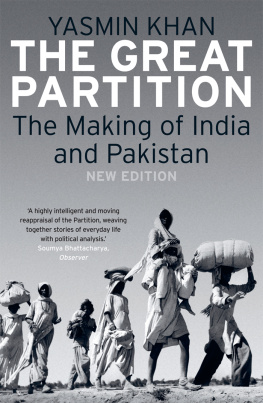
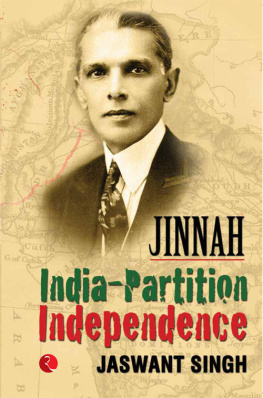
 TM The paper used in this publication meets the minimum requirements of American National Standard for Information Sciences Permanence of Paper for Printed Library Materials, ANSI/NISO Z39.48-1992.
TM The paper used in this publication meets the minimum requirements of American National Standard for Information Sciences Permanence of Paper for Printed Library Materials, ANSI/NISO Z39.48-1992.